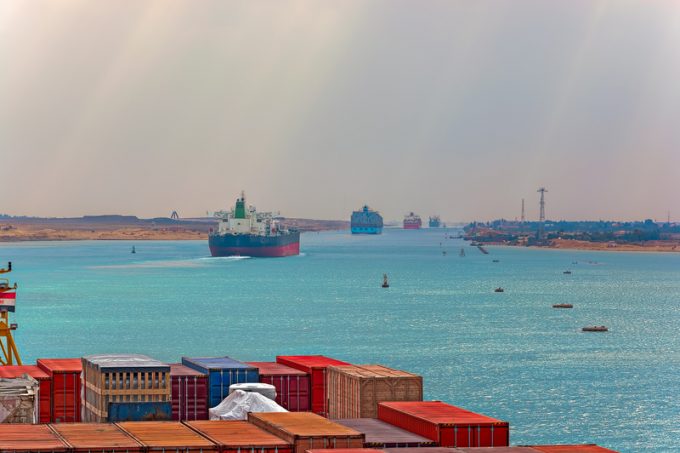Maersk dismisses fears over capacity constraints at key Gemini port
Maersk is confident that its key South-east Asia hub of Tanjung Pelepas (PTP) will handle ...

Amid the Ever Given fallout, Asian shippers should expect a chronic container shortage, extended booking delays and more cargo rollovers at key transhipment hubs.
Peter Sundara, VP global ocean product at Hong Kong’s LF Logistics, said the week-long Suez blockage aggravated already stretched container supply chains.
“Even ...
CMA CGM South Korean staff strike over bonuses after bumper 2024 profit
MSC switches two more Asia-Europe port calls from congested Antwerp
CMA airline returns two freighters, while ANA takeover of NCA looms
Nightmare for Bangladeshi exporters as congestion and tariffs bite
Tradelanes: Export boom in Indian sub-continent triggers rise in airfreight rates
Mexican airport modernisation plan unlikely to boost cargo facilities
Carriers introduce surcharges as congestion builds at African ports
Front-loading frenzy has made traditional H2 peak season 'unlikely'

Comment on this article